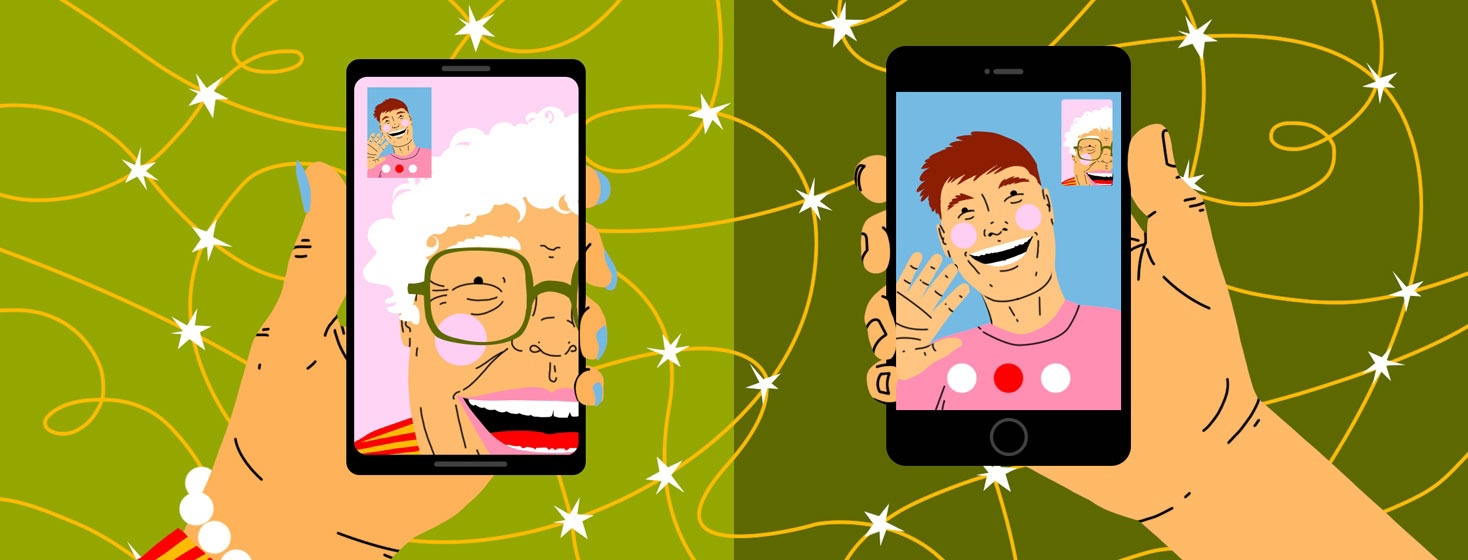How Loneliness and Isolation Affect Your Health
The world has met many challenges and health dangers in the recent pandemic, which has greatly affected those at a higher health risk, like the elderly and those with chronic disease. Though the need for social distancing and safe health practices are needed, there are real dangers in how loneliness and isolation affect your health.
The health impacts of loneliness and isolation
The U.S. Department of Health and Human Services's National Institute on Aging reported the health effects of social isolation and loneliness, saying “Research has linked social isolation and loneliness to higher risks for a variety of physical and mental conditions: high blood pressure, heart disease, obesity, a weakened immune system, anxiety, depression, cognitive decline, Alzheimer’s disease, and even death.”1
What helps loneliness
Some ways to help manage loneliness include:
- Service in helping and interacting with others. One of the best ways to fight depression and loneliness is by helping someone. You will benefit from social interaction while meeting someone’s needs is very gratifying, plus you will feel uplifted mentally and emotionally.
- Join a support group or hobby group where you have something in common with others.
- Having a pet helps loneliness. Walking your dog outside, join a training class, or get involved with getting your dog certified as a therapy dog where you can take them to rehab or nursing care centers or other facilities.
- Learn something new. Take up a new hobby or take a class in something you're interested in. Re-invent yourself.
- For some people, attending worship or participating in a Bible Study class can help.
Many of the above ideas can be done while practicing social distancing. In the case of isolation, many options are available online. Some ways to combat loneliness in social isolation include:
- Commit to talking to someone daily on the phone. Reach out to family and friends and those who are considered shut-in and the elderly.
- Online interaction like a video call, conference call with a group, or teleconference with a class where you see others' faces and talk.
- Keep your thoughts focused on what is positive and uplifted. If you are a person of faith, praying and meditating on scripture is helpful.
- Listen to uplifting music.
What NOT to do
While social media and watching the news and television can be enjoyable, it can also be depressing when you dwell on negativity, bad news, or disturbing programs. Beware of the danger of comparison by viewing other’s interactions on social media. Social media is very subjective. People often just show the happy side of life, but remember life is not all that it appears to be on social media. Pay attention to your thoughts. If you’re feeling sad, depressed, or lonely, you may need to take a mental ‘fast’ from social media for a while. Don’t stay in your PJ’s. Get dressed daily. Make your bed. Practice health and wellness steps daily that will help you.

Join the conversation